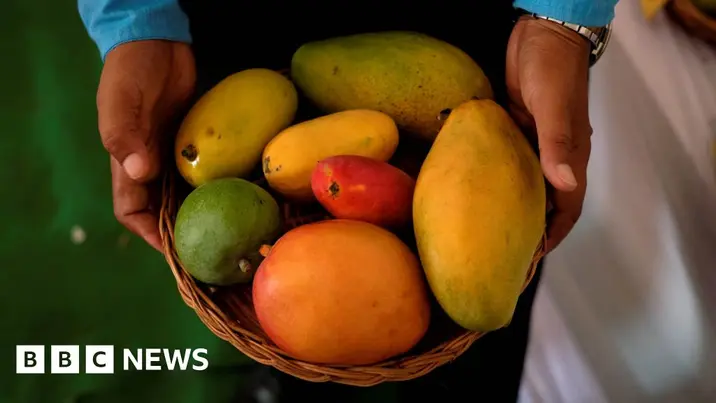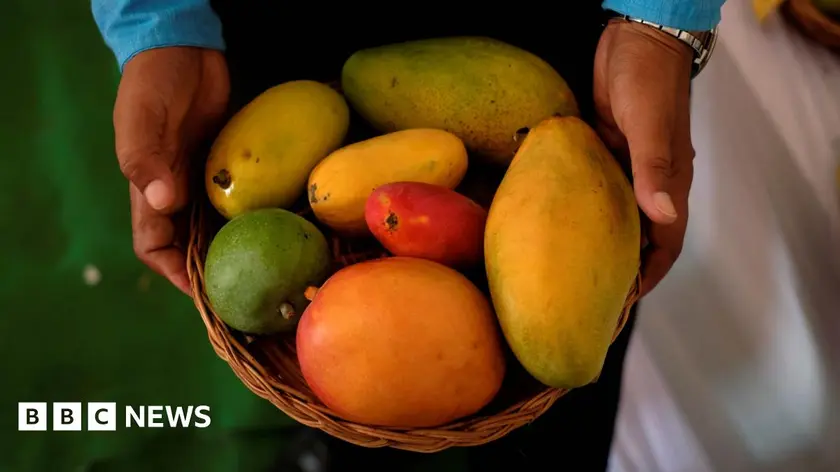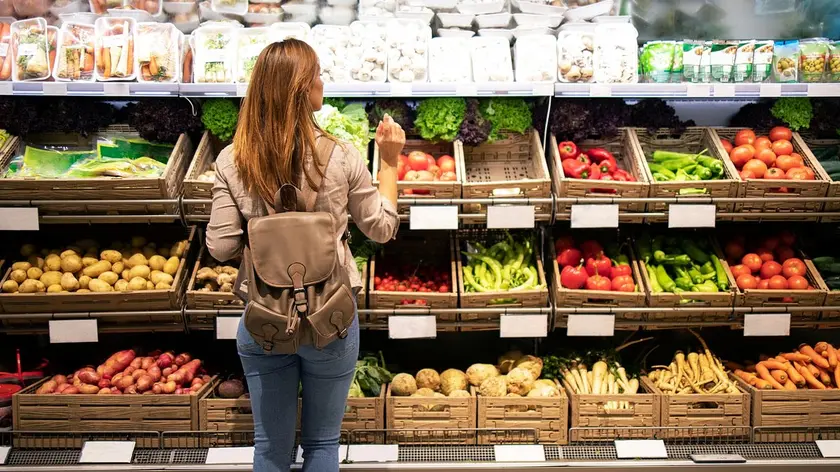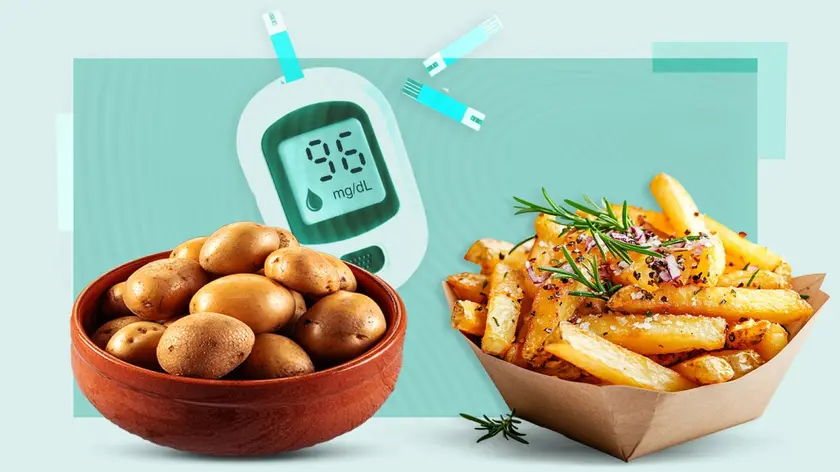T4K3.news
Mango studies offer new angle on diabetes diet
Two Indian trials suggest mangoes may fit into diabetes diets when used to replace carbs, with moderation and medical guidance.

New Indian trials suggest controlled mango consumption can fit into a diabetes diet when used to replace carbohydrates.
Mango studies challenge beliefs about diabetes management
Two Indian clinical trials test whether mangoes can fit into a diabetes diet. A pilot study with 95 participants tested three Indian mango varieties Safeda, Dasheri and Langra and found similar or lower glycemic responses than white bread over two hours. Continuous glucose monitoring showed smaller postmeal glucose fluctuations in participants with type 2 diabetes, suggesting mangoes may not worsen blood sugar as much as expected.
A second eight week randomized trial at Fortis C-DOC in Delhi, funded by the Indian Council of Medical Research, replaced breakfast bread with 250 grams of mango in 35 adults with type 2 diabetes. The study reported improvements in fasting glucose, HbA1c, insulin resistance, weight, waist circumference and HDL cholesterol. The researchers caution that moderation and medical supervision are essential and that mangoes should not be eaten freely.
Key Takeaways
"Mangoes are a much-loved fruit and maligned for its possible glucose and weight-elevating effects."
Quoted as the researchers describe public perception.
"But the key is moderation and clinical supervision; this is not a licence for unlimited mango feasts."
Misra on applying the findings.
"If glucose levels are under control, I do allow and even encourage my patients to enjoy mangoes in limited quantities, about half portion which gives 15g carbohydrates, once or twice a day."
Baxi on practical guidance.
"These studies show that within prescribed diets, consumption of mangoes are not detrimental to blood glucose and may even be beneficial."
Kehar on study implications.
The findings are intriguing but limited. The trials are small and short. The first study involved 95 people and used glucose monitoring over two hours; the second involved 35 adults for eight weeks. Results may not translate to all people with diabetes or to long term outcomes. Critics may worry about generalizability and about replacing carbohydrates with fruit in a diet that includes other carbs or sugars.
Culturally, mangoes are deeply embedded in Indian life. If more evidence supports their safe use, doctors must guide patients within a larger context of diet, activity and medications. Policymakers and educators should avoid turning mango consumption into a simple rule. The science will evolve, and patients should not abandon medical advice for a fancy fruit.
Highlights
- Moderation is the real spice in diabetes care
- Replace carbs with mango in a controlled diet to see benefits
- Science is catching up with tradition this summer
- Mangoes fit a diabetes plan with careful portioning
Political and public reaction risk around mango diplomacy
The article touches on mango diplomacy and cultural symbolism, which could trigger political sensitivities or public reactions. Guidance on dietary changes linked to a national fruit could spark controversy among stakeholders and weigh on producers and policymakers.
Science meets tradition as researchers test real world diets during the summer season.
Enjoyed this? Let your friends know!
Related News

Indian mango trials offer diet rethink

Health tips and regulation update

Study suggests okra can help manage diabetes

Exploring GLP-1 medications and their implications

Study links French fries to type 2 diabetes risk

Liver cancer cases could double by 2050

Study finds potatoes can be healthy

GLP-1 drugs show potential for PCOS treatment
